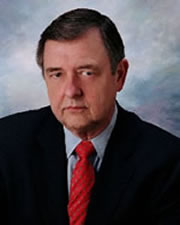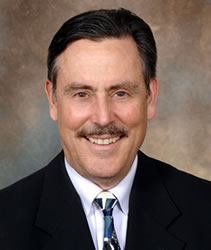Book Review
Peter J. O'Brien and W. Robert Bruce, Eds
Endogenous Toxins: Targets for Disease Treatment and Prevention
Weinheim, Germany: Wiley-VCH Verlag GmbH & Co. KGaA,
20 I O. 994 p., $365.00 USD. ISBN: 978-3-527-32363-0.
Reviewed by: John A. Budny, PharmaCal, Ltd., Westlake Village, CA, USA
D0I: 10.117711091581810380665
Once in a while, a new publication appears that, for some reason, generates attention and interest. Endogenous Toxins: Targets for Disease Treatment and Prevention may be such a 2-volume book. The editors not only arranged for 75 contributors who provided a new and interesting view of toxicology but they also provided medical scientists a new perspective for potential treatments. In his Nobel Prize address, Albert Szent-Gyorgyi said, "Discovery consists oflooking at the same' thing as everyone else and thinking something different.1 This book, for the practicing toxicologist, is a discovery of the past principles and practices he or she used, but it is also a foundation for discoveries in the future-an opportunity for "thinking something different": toxicity originating from within.
Endogenous Toxins: Targets for Disease Treatment and Prevention brings into focus complex issues, approaching conundrum status: Is the toxicity of endogenous chemicals the result of disease or the cause of it? Whatever the answer, there are subsequent questions such as: What are the physiological and biological regulatory control processes that have gone awry and why? If an exogenous toxicant causes the perturbation of an endogenous chemical, is the resulting toxicity endogenous and exogenous? The toxicologist venturing into this new arena will quickly recognize new opportunities for understanding how various toxicities occur.
Determining causation when endogenous chemicals and exogenous toxins meet in an organism is a complex task requiring more than determining dose-response and no-effect levels. If there was any doubt, and there should not be, Endogenous Toxins: Targets for Disease Treatment and Prevention places toxicology in the middle of basic medical science. This alignment for toxicology comes with philosophical challenges. Nowhere is it more apparent than excessive reactive oxygen species (ROS) generation from normal metabolic processes and ROS generation in diabetic or obese conditions or ROS generated in the process of detoxifying a xenobiotic. Attention medical scientist: the toxicologist with hislher tools-of-trade can be your friend and is not the de facto bearer of bad news!
. . .Continue to read rest of article (PDF).
Dr. John Budny provides competent opinions based on recognized and accepted medical knowledge to determine if prescriptions, over-the-counter medications, drugs of abuse, and bacterial infections or their treatments are the causes of adverse medical events. With a PhD in basic medical science and a 30-year career as a practicing toxicologist, Dr. Budny combines the science of toxicology with medical knowledge to fully understand all the ramifications of an adverse medical event caused by prescribing errors, faulty medications, or failure in the health care delivery process.
©Copyright - All Rights Reserved
DO NOT REPRODUCE WITHOUT WRITTEN PERMISSION BY AUTHOR.











